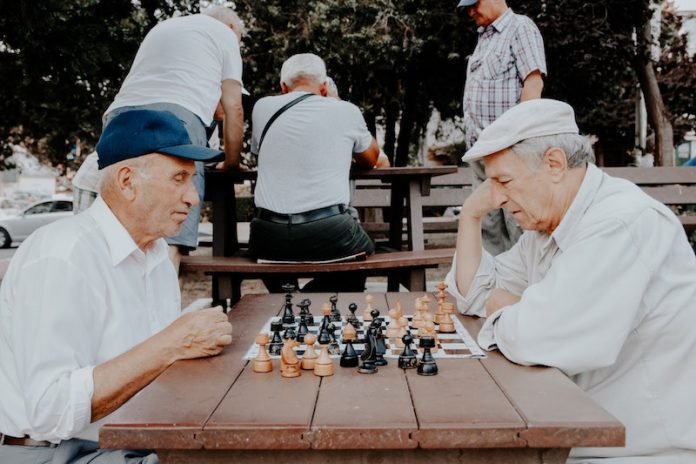
In a new study, researchers conducted a large-scale analysis of the benefits of multiple training types for individuals who are aging healthily, as well as those with mild cognitive impairment.
They found effective cognitive training during late adulthood can help maintain, or even enhance, people’s cognitive abilities.
Credit this cognitive plasticity to the brain’s ability to recover some core abilities that decline with age with practice, such as processing speed, executive functions, and working memory.
The research was conducted by a team from The University of Texas at Dallas’ Center for Vital Longevity (CVL).
As more people live to advanced ages due to health care innovations, more also are dealing with the decline in mental acuity that can come late in life.
Cognitive training is often touted as a way of treating—or even preempting—these issues, but there is significant disagreement on the effectiveness of various methods.
Cognitive training in older adults refers broadly to activities designed to maintain or improve cognitive abilities that typically decline in late adulthood, such as short-term memory, attention, problem-solving and executive functions.
Although techniques and tests vary widely, they usually involve a professional who administers a standardized test, supervises a training module designed to improve the skill or skills used on that test, and then retests to see if a subject has improved.
The team says the results from this meta-analysis supported the benefits of cognitive training, albeit limited to specific training modules:
Those who were given any type of training outperformed their related control groups on post-training cognitive tests.
The results support the idea that even an aging, slightly impaired brain can still make positive changes.
Though healthy participants showed more robust cognitive improvements than those with mild cognitive impairments, there was widespread improvement across all groups.
One key finding was that cognitive training was found to strongly improve everyday functioning in older adults, which in turn can provide additional years of independence and potentially delay the onset of dementia.
The team says as older adults become physically frail, cognitive training can be conducted without demands on physical abilities from the comfort of one’s home.
One author of the study is Dr. Chandramallika Basak, an associate professor of cognition and neuroscience.
The study is published in Psychology and Aging.
Copyright © 2020 Knowridge Science Report. All rights reserved.


